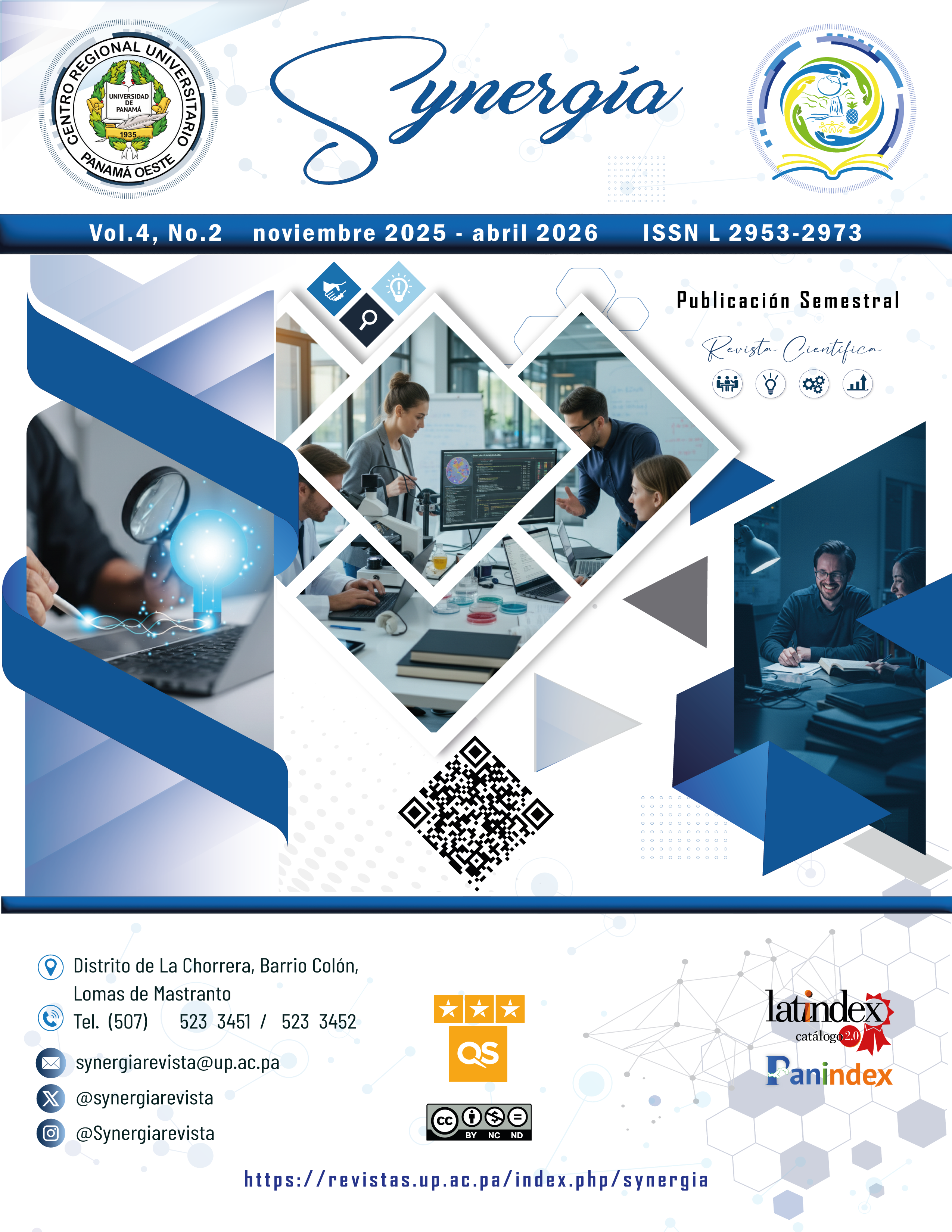

Copyright (c) 2025 Synergía

This work is licensed under a Creative Commons Attribution-NonCommercial-ShareAlike 4.0 International License.
The WHO has once again activated the Primary Health Care centers to minimize and improve the physical and mental well-being of the population, the nursing staff has an essential role in achieving this objective, so it is expected that the population will be informed, through the different strategies implemented by the health centers, especially in rural areas, which is where the need to increase the quality of life of the population is evident. The objective of this study is to demonstrate the results of an intervention carried out in a rural community in the interior of Panama, implementing actions and techniques that influence the health and quality of life of the inhabitants. It is non-experimental, participatory, mixed, exploratory and longitudinal research in which the actions carried out in an intervention plan to improve the quality of life of the inhabitants are identified, based on the problems found in the community. The researchers show that health interventions have positive outcomes, especially when composed with community members and a multidisciplinary team. The intervention aimed to reduce the prevalence of Noncommunicable Diseases in the community population, through informing, training, diagnosing and offering treatments to the population on topics of interest that can minimize the effects of these diseases. Actions such as fairs, activities, training, among others, are activities that must be carried out periodically in the community to achieve the proposed objectives.